This entry, “Religious Responses to Our Existence Is in Our DNA”, is the fifth in a five-part series stemming from a debate I did with former believer and youth group leader, Brian Govatos, who runs the website The Proud Atheist. As we debated, five observations occurred to me as useful launch points for a dialogue between the Catholic view of faith and the common atheistic views of faith. The fifth is that religious response seems to be part of our DNA.
5) Religious Responses to Our Existence Is in Our DNA – I have been greatly struck recently by a speech that famed atheist, Richard Dawkins, gave at an atheists’ convention in Melbourne, Australia. He invited his audience to consider two things: a) the likelihood of our species or a species like us due to evolution by natural selection b) the improbability of our individual existence. Regarding the likelihood of our species or one similar to humanity, he said that there is a force dragging the evolutionary process back on course. Because of this force, we emerged.
Yet, despite this high level of confidence that we or a species like us would emerge, there is a tremendous amount of luck that particular individuals are here. For example, if your parents would not have copulated on at the exact moment they did, you would not be here. The same goes for your grandparents, great-grandparents, and the line continues all the back to the origin of life. The variables are simply too high to number. Considering both of these realities, we should, according to Dr. Dawkins, give thanks for our existence.
Any time I listen to Dawkins, I would love to talk to him and pick his brain about biology instead, not atheism versus faith. But in his brief comments, I see three things that could launch our conversation about science and faith. Two are scientific. I want to know more about the “force” and the “course” that he describes. But I am most fascinated by Dr. Dawkins’ desire to give thanks for existence. From my perspective, that is a religious response. We look at the wonder of our being or the wonder of creation or the joy on our child’s face and our impulse is “thank you!” It seems this experience resonates with the famed line from Psalm 139:14 “I praise you, because I am wonderfully made; wonderful are your works!” In conversations with atheists I am hesitant to quote scripture at all. But in our sacred text, we find language that corresponds to the experience of a scientist who has mediated on his being and is left with a single thought: “thank you.”
We highly evolved, big-brained African apes called Homo sapiens have something that rises up within us that causes us to give thanks and to be in relationship with something outside of ourselves. This aching desire has been articulated in many ways by the great spiritual masters of the centuries. From Buddha’s articulation of Dukkha to St. Augustine, there has been the spiritual insight that we yearn to be in relationship to something transcendent, something beyond us. I hope this common human experience can become a basis for dialogue.
